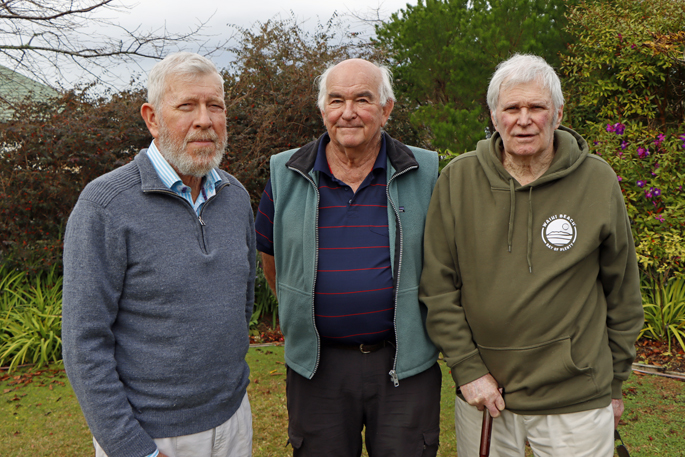Western Bay of Plenty ratepayers are worried about the affordability of rates rises over the next decade.
But Mayor James Denyer says the council has done its best to keep the rates increases as low as possible.
The average rates increases over the 10 years would be within the council's affordability benchmark of 9 per cent per year.
Ōmokoroa Residents and Ratepayers Association chairman Bruce McCabe says the council should focus on core business during a cost of living crisis, rather than the "nice to haves”.
Core business included roading, providing drinking water, and maintaining sewerage and storm water systems, says McCabe.
“[Council] is spending a lot of money on parks, coastal walkways, cycleways.”
McCabe says people need to be able to afford their rent or mortgage, feed their families and have sufficient income.
“All of those things are not being achieved through the rate increases that the council is proposing and people at the moment are hurting.”
However, Denyer says it was not up to ratepayer groups to decide what core business is.
Local government's purpose was to improve the social, economic, environmental and cultural wellbeing of its community, he says.
 Western Bay of Plenty Mayor James Denyer said the council had done its best to keep the rates increases low. Photo : Brydie Thompson/SunLive.
Western Bay of Plenty Mayor James Denyer said the council had done its best to keep the rates increases low. Photo : Brydie Thompson/SunLive.
The council’s “big spends” were what the ratepayer groups might call “core business”, says Denyer.
This included the Katikati wastewater outfall pipe, which council has budgeted $68m from 2027 for replacement options. Another is construction of the $73m Te Puke Wastewater Treatment Plant.
Waihī Beach Community Board chairman Ross Goudie claims the rate increases will double in 10 years.
Rates revenue for the district is set to double from $100m in 2025 to $200m in 2034, according to the Western Bay of Plenty District Council’s draft 2024-34 long-term plan consultation document.
Denyer says comparing rates increases to overall rates revenue is a “misleading way of looking at it” as it doesn't mean people's rates would double.
In the first two years of the long term plan, the proposed increases are at 13.6 per cent then 10.44 per cent. For the remaining years the increases would be between 7 per cent and 8.46 per cent.
All of local government is facing extraordinary pressures on rates due to rising inflation, interest rates, and insurance costs, says Denyer.
Western Bay’s proposed average rates increase of 13.6 per cent for 2025 was lower than country's average rates rise of 15 per cent, he says.
What is the council considering?
The council is consulting on two rates options for the 2024/25 financial year of the draft long-term plan.
A “preferred option” would see rates rise by an average of 13.6 per cent in the first year, with a cut in spending and some projects pushed out.
The second option is to keep the original timing from the previous long-term plan, but this would mean a 24.4 per cent rates increase in the first year.
There are 12 key projects the council is focusing on during the plan.
One is providing infrastructure for a ferry in Ōmokoroa. Previously, the plan would start in 2028 at a cost of $3m. Under the revised proposal, the project would begin in 2030, at a higher cost of $3.6m
The council was also looking to spend $1.95m on an adventure playground at TECT park in 2025. This has been pushed out to 2029 with an estimated cost of $2.25m.
Projects added to the plan include a $3.55m community hub for Maketu in 2029 and spending $750,000 on a new library and service centre in Ōmokoroa in 2033.
 Waihī Beach Community Board chairman Ross Goudie. Photo: Alisha Evans/ SunLive.
Waihī Beach Community Board chairman Ross Goudie. Photo: Alisha Evans/ SunLive.
Goudie says the council’s consultation placed too much emphasis on the first year of the plan.
The former Western Bay councillor, says once the long-term plan was in place it was difficult to change, even though the council did an annual plan every year.
“They can't do big renovations in an annual plan because they're constrained by the long-term plan.”
However, Denyer says a new long-term plan was done every three years and the council could make adjustments through the annual plan.
“If conditions change, then we can be responsive to that.”
Consultation closes on the draft long-term plan on June 17. More information is available on the council's website.
LDR is local body journalism co-funded by RNZ and NZ On Air.




0 comments
Leave a Comment
You must be logged in to make a comment.